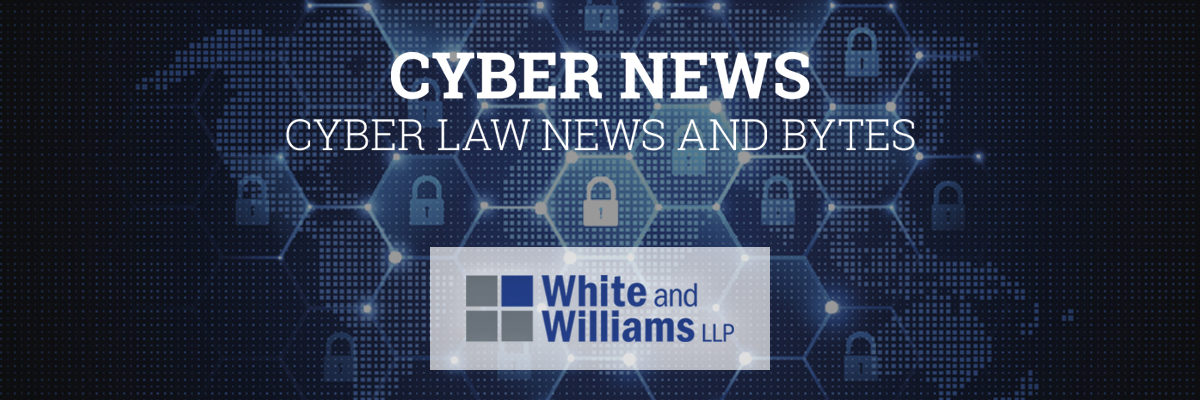Class Action Suits Allege Violations of Illinois Biometric Information Privacy Act
By: Gwenn Barney
As punch cards are replaced with retina scanners, and keys with fingerprint identification, employers are facing more lawsuits related to the protection of employees’ biometric data.
Last week, an employee filed two separate class action lawsuits in Illinois against salad restaurant chain Sweetgreen and Philadelphia-based food services provider Aramark for violations of the Illinois Biometric Information Privacy Act (BIPA). The new lawsuits add to over 30 lawsuits already filed for violations of BIPA in the past three months.
…
Class Action Suits Allege Violations of Illinois Biometric Information Privacy ActRead More »
Class Action Suits Allege Violations of Illinois Biometric Information Privacy Act Read More »





